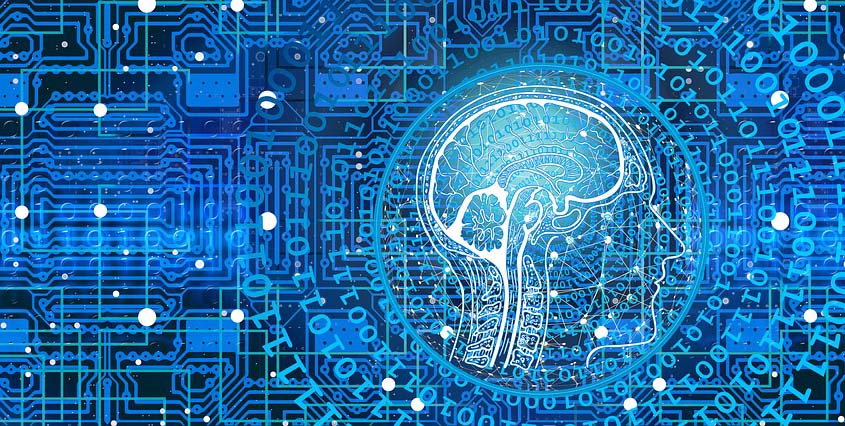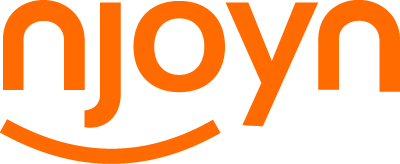
Where Does Artificial Intelligence Fit Into Your Workforce?
Recruiters don’t choose technologies the way they select job candidates. New technologies however, may soon blur that line, and applicant tracking systems will have to catch up to meet this emerging need.
Augmented Intelligence: The Middle Ground
Artificial intelligence means many things too many people. Definitions range from the simplest examples of automation to machines that think for themselves, learn from their circumstances and act without any guidance from human beings.
Machines in the latter category are, for now, largely stuck in the domain of fiction. Basic automation, on the other hand, has served people for decades in forms ranging from macros in office productivity suites to GPS guidance on our roads.
Somewhere between these two extremes, you’ll find augmented intelligence. This term describes a class of tools that act autonomously within a given role and must rely on human participation to complete a task.
Using Augmented Intelligence in Cybersecurity
That reliance defines collaboration between human and machine. Here’s how Michael Armistead, co-founder & CEO of Respond Software, defined this relationship in the context of cybersecurity in a Quora post: “AI systems can review incidents faster and more consistently; they can detect anomalies across data sets that no person would catch, and they can work 24/7/365 without fatigue, ennui or bias.”
Armistead said the industry can’t find trained workers fast enough to keep up with demand for cybersecurity skills. Recruiting professionals in other spheres may identify with this problem.
They may also want to adopt his perspective:
“AI can free human analysts from the trenches of enterprise security, allowing them to focus on the kind of higher-order decision-making of which computers aren’t capable. In other words, I expect AI to handle the high-volume, low signal-type work and effectively give the security professional a better job… Instead of staring at a monitor trying to keep up with the alerts generated by the plethora of security systems, the humans get to do real detective and/or proactive security work. Way cooler, way more interesting, and way more valuable to their companies.”
Armistead didn’t write about eliminating entire jobs. His words were about automating tasks that computers can do better than people.
That notion may inform recruiters whose mandate is, ultimately, to help ensure the organization they serve has the resources it needs to accomplish its goals. In Armistead’s context, the term resources could mean a combination of staff and technology that can “autonomously” do tasks people have traditionally done.
Or, in Armistead’s words: “If we apply AI correctly, we can use it to handle jobs that are ill-suited for people. Computers are good at tirelessly doing the same thing repeatedly and consistently. Humans are good at complex pattern matching, nuance and curiosity.”
How Augmented Intelligence May Shape Tomorrow’s Workforce
Computers do the things that computers can do. Human beings do the things that computers can’t. It’s as simple as that.
Armistead’s example illustrates this relationship, where autonomous technology augments the efforts of human beings. It can’t replace people, though, particularly when it comes to qualities like these:
- emotional intelligence
- creativity
- persuasion
- innovation
- complex judgment.
Even when machines can learn, they can’t (at least today) manage the types of learning that humans use to develop the above-listed qualities. (If you’re wondering why, read Byron Reese’s book The Fourth Age: Smart Robots, Conscious Computers, and the Future of Humanity.)
The recruiter’s role may therefore evolve to ensure beyond filling jobs with the right candidates. Could recruiters become experts in finding the right resources, human or machine, to complete the tasks in every job?
How Augmented Reality May Shape Tomorrow’s Candidate Tracking Work
Let’s reread a statement from Michael Armistead’s Quora post: “AI systems can review (data) faster and more consistently; they can detect anomalies across data sets that no person would catch, and they can work 24/7/365 without fatigue, ennui or bias.”
Armistead wrote of cybersecurity tools, but the statement could just as easily apply to human resources software. When a recruiting system accumulates enough data about every step of the process, from job posting through applications, sorting and hiring, it may learn enough to help recruiters quickly shortlist applicants with the highest potential for success. (Whether or how it takes other types of resources into account is a question for another day.)
Maybe this is how artificial intelligence will reshape both the human resources profession and the candidate management systems its practitioners use.
Search
Most Popular Posts
150 Commerce Valley Drive West. Markham, ON. L3T 7Z3. Tel: +1 905 695 6560
